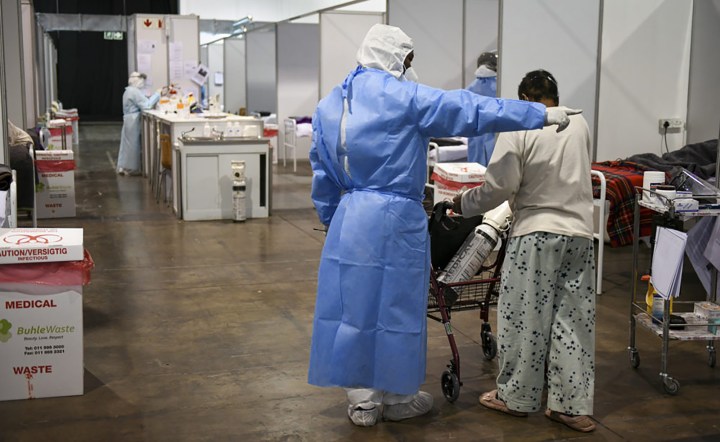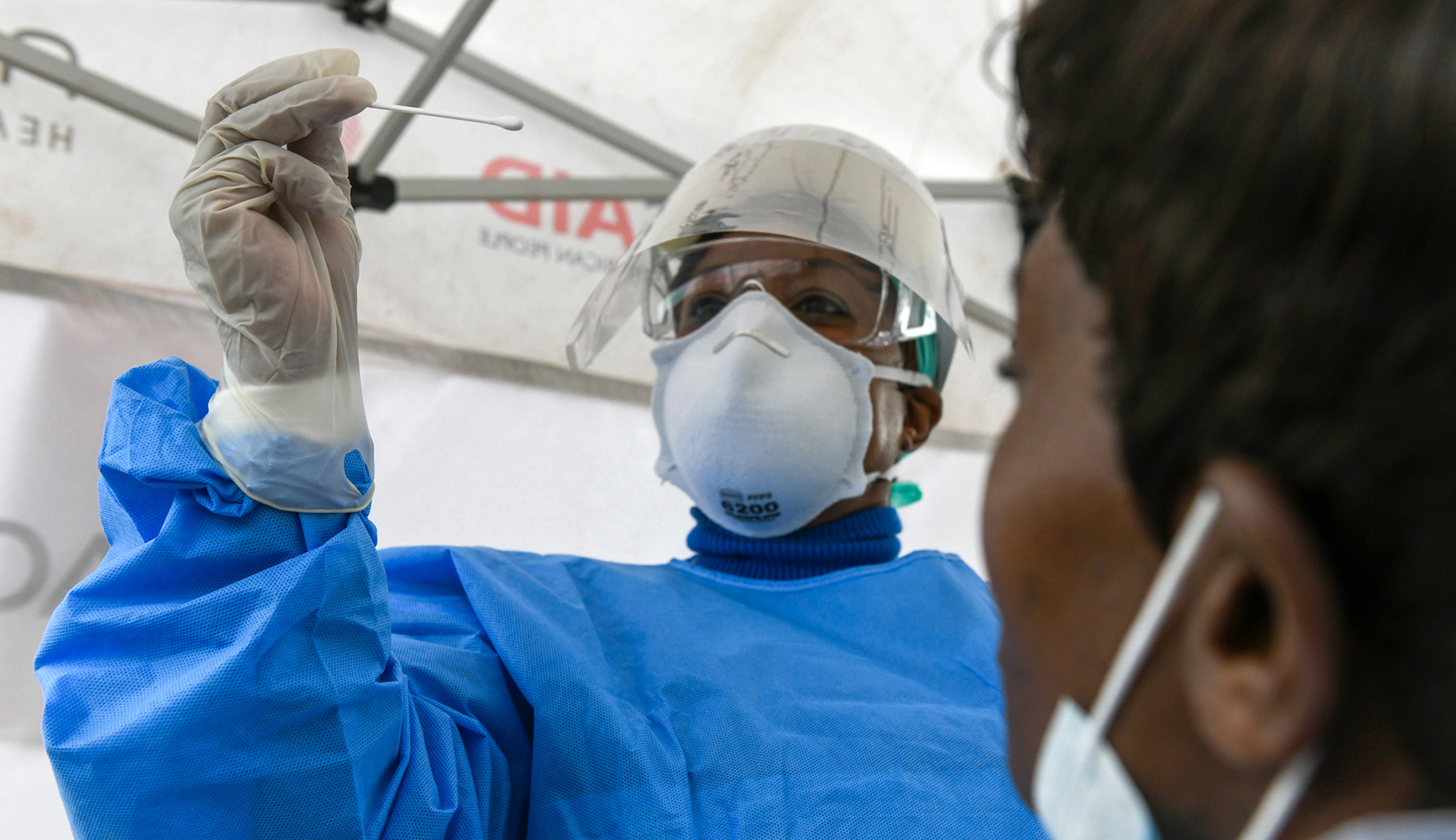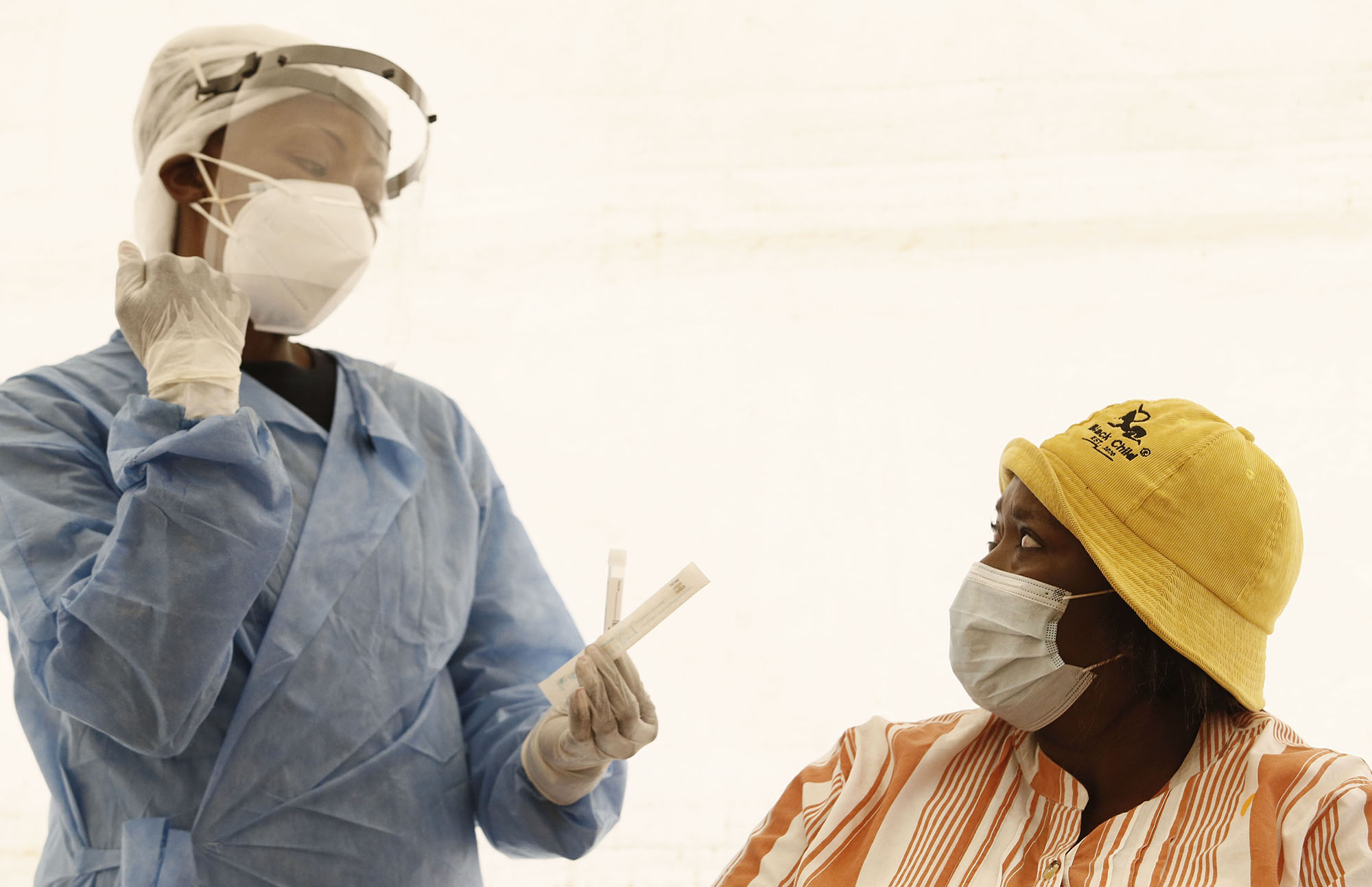PUBLIC HEALTH OP-ED
Epidemic preparedness must address gender inequalities if we want improved health outcomes

Often, women bear the brunt of health crises owing to pre-existing gender inequalities which compound the vulnerability of women and girls. It is also well-known that during public health emergencies, girls and women tend to experience higher risks of gender-based violence.
The 15th BRICS Summit held in South Africa has just concluded, and it was apt that one of the side events, organised by the BRICS Business Council, Africa Centre for Disease Control and Africa Health Business was on pandemic prevention, preparedness, response and recovery for health security.
The global response to the Covid-19 pandemic has underscored a crucial lesson: adequate preparedness is paramount to a solid response for effective health outcomes.
The Covid-19 pandemic emphasised the dire consequences of inadequate investment in epidemic preparedness, response, and resilience. This global wake-up call has particularly resonated in Africa, a continent grappling with frequent and severe endemic pandemics such as HIV/Aids and malaria, as well as other emerging and re-emerging epidemics.
In addition to Covid-19, over the last 20 years, the continent has experienced recurring health emergencies such as the West African Ebola crisis of 2014-16; the DRC Ebola crisis in North Kivu and Ituri from 2018 to 2019; Ebola in Uganda in 2022, and outbreaks of Marburg, a sister pathogen of Ebola in Ghana and Equatorial Guinea 2022 and 2023 respectively; mpox in Nigeria 2022 and occasional polio, and seasonal meningitis outbreaks.
Often, women bear the brunt of these crises owing to pre-existing gender inequalities which compound the vulnerability of women and girls. For example, during the Covid-19 pandemic, 60% of African girls lacked learning materials when school closed, compared to 44% of boys.

Covid-19 pandemic has highlighted the need for adequate preparedness in Africa, where frequent and severe endemic pandemics are common.(Photo: Chris Collingridge)
Similarly, more women than men reported losing their jobs during the same period in Mali, Senegal, Guinea, Cote d’Ivoire, Ethiopia, Kenya, Malawi, Mozambique, Eswatini and South Africa.
It is also well-known that during public health emergencies, girls and women tend to experience higher risks of gender-based violence (GBV). According to survey data that assessed the early impact of the Covid-19 crisis on girls and women in Africa, 68% of respondents in Ethiopia, 70% in South Africa and 81% in Uganda thought that GBV had increased since the pandemic.
Outbreaks and Epidemics programme
The African Risk Capacity Group (ARC) has partnered with the Bill & Melinda Gates Foundation (BMGF) to expand on ARC’s Outbreaks and Epidemics (O&E) programme. This partnership recognises the crucial significance of enhanced preparedness and timely interventions for health crises with a gender-focused approach.
The ARC O&E programme supports African Union member states to mitigate the effect of infectious disease outbreaks of Ebola, Marburg and meningitis. This is done through risk analytics and disease modelling for better preparedness and risk transfer through sovereign insurance to support early response to these health challenges in Africa.
The O&E product, which Senegal has subscribed to as the first country in late 2022, complements ARC’s existing capacity building and risk products, which include drought, floods and tropical cyclones, to help reduce participating governments’ vulnerabilities to these threats and over-reliance on external donor support in the event of a disaster.
Furthermore, ARC is committed to the implementation of “gender-sensitive mechanisms for epidemic preparedness”. This initiative will launch as a pilot programme across all integral members of the Economic Community of West African States (Ecowas). By addressing women’s specific needs and vulnerabilities, gendered strategies lead to better health results and create more resilient societies that can better withstand health crises and foster positive health, social, and economic outcomes for all.

African Risk Capacity Group has partnered with the Bill & Melinda Gates Foundation to expand its Outbreaks and Epidemics programme. (Photo: Felix Dlangamandla/Daily Maverick
There are also other initiatives underway at the continental, regional and country levels to leverage the synergies of key institutions to contribute jointly to efforts to improve epidemic preparedness and response. One such is the alliance of the African Risk Capacity (ARC), the Institute Pasteur de Dakar (IPD), and the West African Health Organization (Waho) to optimise epidemic management in the West Africa region in line with their respective mandates.
These institutions aim to pull their collective resources together towards better preparedness and response through a tripartite memorandum of understanding signed in July 2022. In close collaboration with the Africa CDC, the alliance is implementing activities to improve the digitisation of epidemiological surveillance systems, support the operationalisation of national rapid response teams, improve the detection of viral haemorrhagic fevers, and strengthen genomic surveillance in many countries.
The world’s commitment to safeguarding global health demands that we utilise the knowledge and partnerships forged during Covid-19 to create a healthier and more equitable world for all. Investing in research, embracing innovation, and focusing on the most vulnerable, especially women, can prevent future pandemics and elevate health outcomes for those most in need. DM
Ibrahima Cheikh Diong is UN-Assistant Secretary-General and African Risk Capacity Group Director General and Natasha Kofoworola Quist is the Deputy Director and Regional Representative West and Central Africa at the Bill & Melinda Gates Foundation.




















Comments - Please login in order to comment.